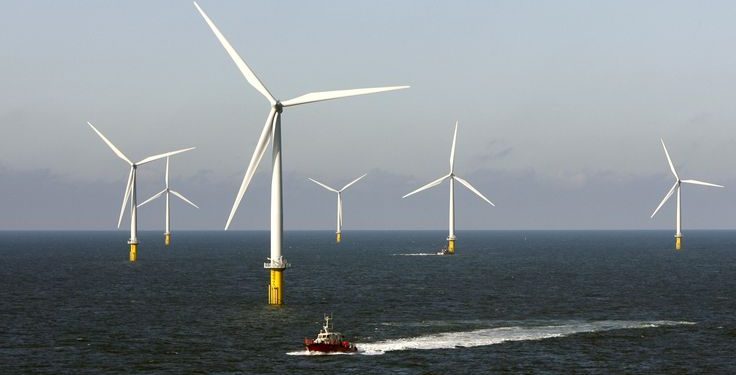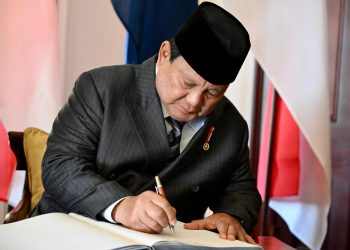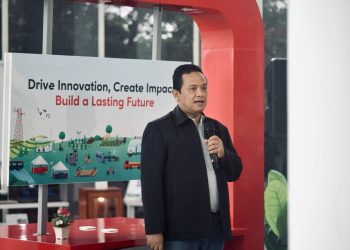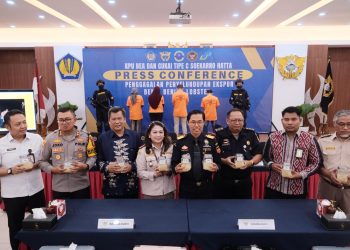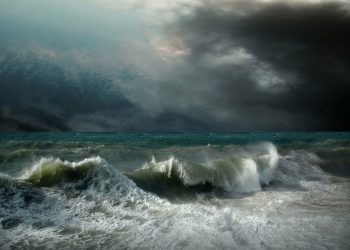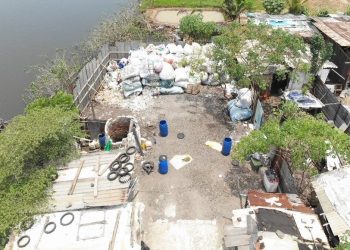Jakarta, Indonesia Sentinel — Indonesia’s Ministry of Marine Affairs and Fisheries (KKP) is teaming up with the Danish government to explore offshore wind energy development as part of its broader push toward renewable energy and sustainable ocean management.
Kartika Listriana, Director General of Marine Spatial Planning at the KKP, emphasized Indonesia’s commitment to enhancing marine spatial planning (MSP) cooperation, with Denmark seen as a key strategic partner due to its decades of experience in offshore wind development.
“Denmark has over 30 years of expertise in this sector, making it a valuable partner for Indonesia in advancing marine spatial planning,” Kartika said in a statement, as cited from Antara on Monday (May 19).
She noted that Indonesia has been developing MSP policies for over two decades, covering areas such as ocean zoning, spatial utilization, enforcement, and capacity building to ensure sustainable use of marine resources.
“One of the current priorities is the development of marine-based renewable energy,” she added. “Offshore wind energy presents a significant opportunity and marks a major step forward for MSP implementation in Indonesia.”
Denmark, a global leader in renewable energy, generates more than 50% of its electricity from wind and solar sources. Its offshore wind industry employs over 30,000 people and contributes roughly €10 billion in annual revenue, according to August Axel Zacharie the Head of Energy Cooperation, Danish Energy Agency (DEA).
Read Also:
Sri Mulyani Warns Global Economic Pressures Could Hamper Indonesia’s Energy Transition
Earlier, Indonesia’s Minister of Marine Affairs and Fisheries, Sakti Wahyu Trenggono, described marine spatial planning as a critical pillar of the country’s blue economy strategy. He underscored the importance of efficient, equitable, and sustainable ocean zoning.
The government has also introduced several initiatives to enhance MSP, including the adoption of digital monitoring tools like the Ocean Monitoring System (OMS), which is set to be deployed across 20 marine conservation areas by 2029.
In addition, the ministry is advancing zoning plans for blue ecosystems, freshwater spatial planning, Indonesia’s role in the MSP Global initiative, and integration of land-sea spatial frameworks under a unified “One Spatial Planning” policy.
Kartika concluded that offshore wind energy could play a pivotal role in advancing Indonesia’s blue economy agenda while delivering tangible benefits to national marine planning efforts.
(Raidi/Agung)


